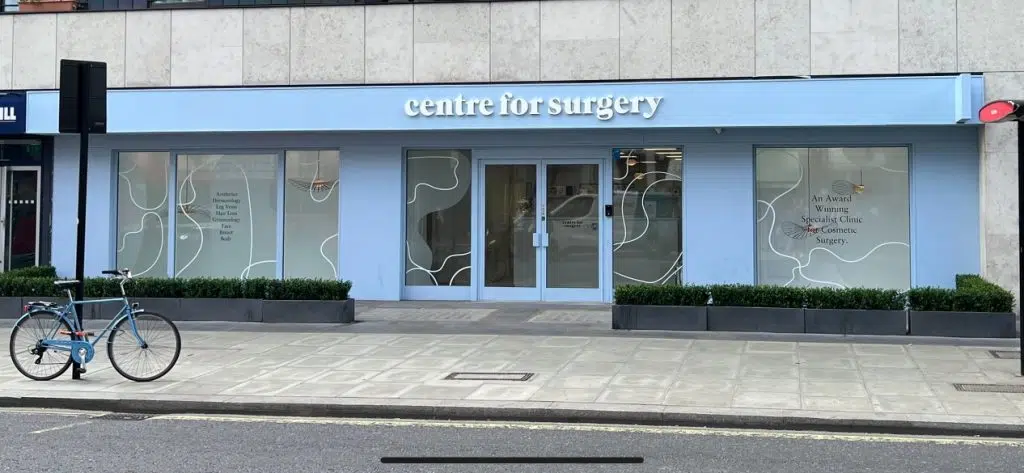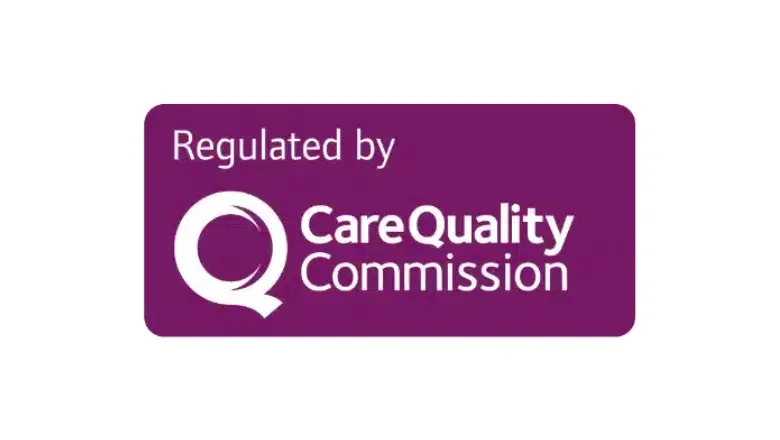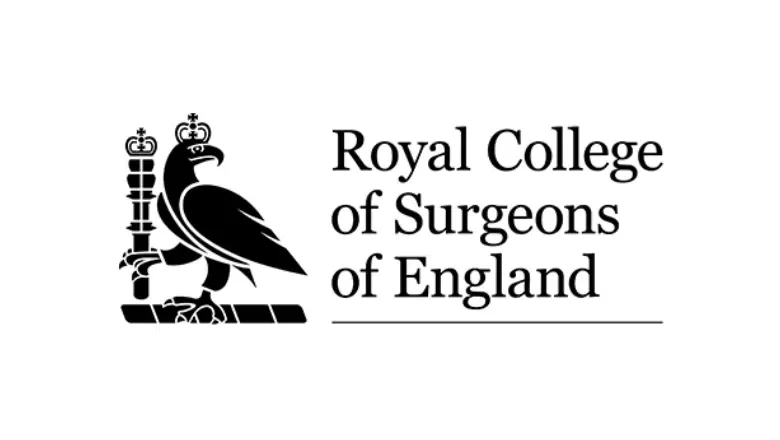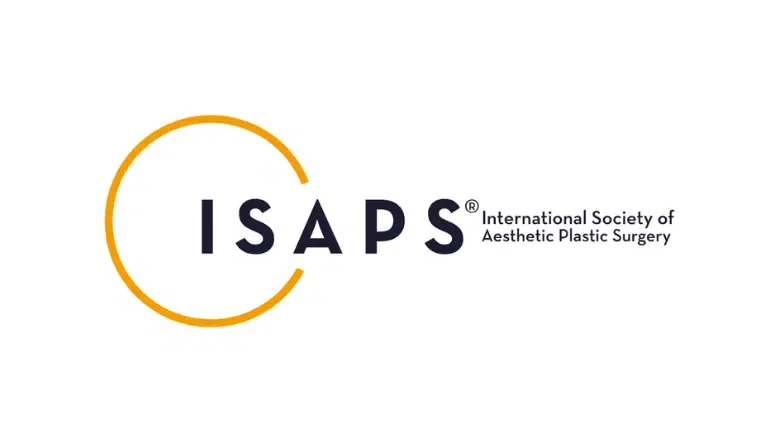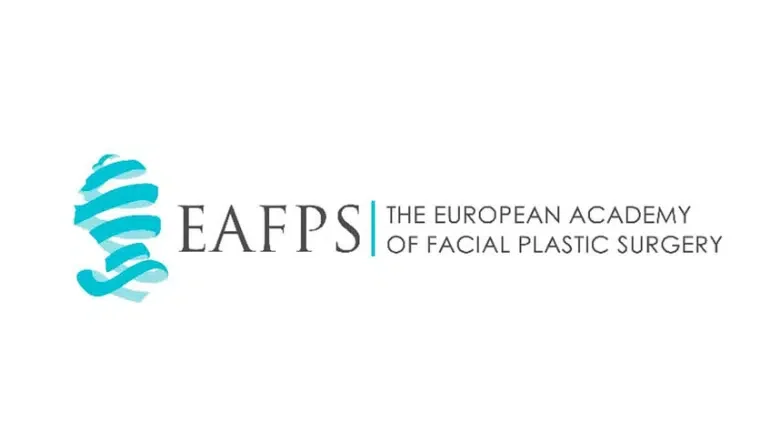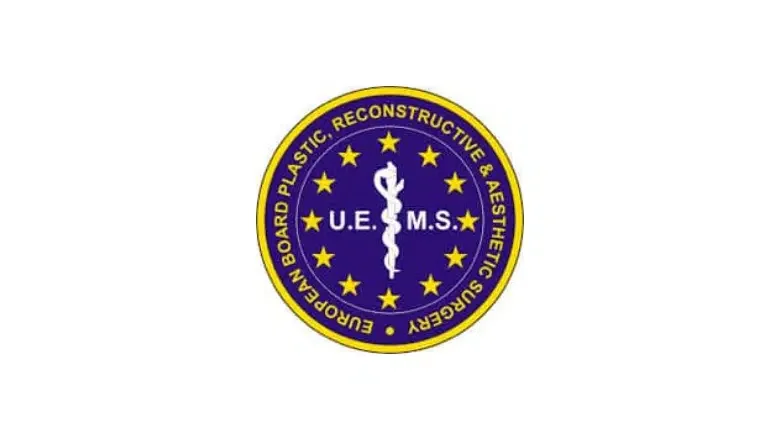How to Get a WPATH Letter for Top Surgery
If you’re planning to undergo top surgery in the UK, one of the most important initial steps is obtaining a World Professional Association for Transgender Health (WPATH) letter. WPATH sets the internationally recognised standards for transgender health care, including protocols for gender-affirming surgeries such MTF top surgery or FTM top surgery. This letter serves as the formal recommendation and clinical endorsement necessary for proceeding with such surgeries.
This comprehensive guide aims to provide you with information on how to obtain a WPATH letter, particularly if you are planning to have your top surgery in London.
RELATED: Evolution of Transgender Healthcare in the UK
Understand the Importance of a WPATH Letter
A WPATH letter is essentially an attestation from a qualified mental health professional that you fulfil the criteria for undergoing gender-affirming surgery. It helps to ensure that you’re fully informed about the benefits and risks associated with the procedure. This documentation is critical not only in safeguarding the patients’ rights and wellbeing but also in confirming the necessity of this medical intervention to insurance providers.
Find a Qualified Mental Health Professional
A WPATH letter must come from a qualified mental health professional – this typically includes psychologists, psychiatrists, and licensed clinical social workers. The professional should have experience in transgender health and be familiar with the WPATH Standards of Care. In the UK, various organisations, including the British Psychological Society and the Royal College of Psychiatrists, provide resources to locate qualified professionals.
Undergo a Mental Health Assessment
During this assessment, the mental health professional will discuss your gender identity, history, and dysphoria (if any). They’ll consider whether top surgery aligns with your identified gender and will evaluate your understanding of the surgery’s benefits, potential complications, and implications. It’s crucial that you feel comfortable enough with your mental health professional to have open and honest conversations about your journey and needs.
Receive Your WPATH Letter
If, after the assessment, your mental health professional determines that top surgery is a suitable intervention for you, they will write a WPATH letter. This letter includes confirmation that you meet the WPATH criteria for surgery, including persistent and well-documented gender dysphoria, capacity to make fully informed decisions and to consent for treatment, and, if significant medical or mental health concerns are present, they are reasonably well-controlled.
In London, Centre for Surgery has established itself as a specialist clinic in plastic and reconstructive surgery for gender affirmation. With over five years of experience in performing top surgeries, the clinic’s expert team is dedicated to providing patient-centred care that is in accordance with WPATH guidelines. To learn more about the process of obtaining a WPATH letter for top surgery or to schedule a consultation, contact Centre for Surgery directly on 0207 993 4849.
Remember, the journey to affirming your gender through surgery is a deeply personal and significant one. Always make sure that your decisions are made with a full understanding and respect for your unique path. Obtaining a WPATH letter is just one part of this journey, but it’s an essential step in moving towards a future where you feel more at home in your body.
RELATED: Transgender Surgery FAQs – What to Consider Before Getting Top Surgery
WPATH Assessment and Letters
The World Professional Association for Transgender Health (WPATH) plays an instrumental role in the care for transgender individuals globally. It delineates internationally recognised standards of care, including protocols for gender-affirming treatments like top surgeries. A crucial part of the WPATH protocol is the necessity of a WPATH-compliant assessment letter from a qualified and registered mental health professional.
This letter serves as official proof that the individual is thoroughly evaluated, understands the potential risks and benefits of the intended treatment, and is making an informed decision to proceed. For those seeking gender-affirming treatments, it is important to understand how to acquire a WPATH-compliant assessment letter.
Process of Obtaining a WPATH-Compliant Assessment Letter
Individualised Assessment
The journey to obtaining a WPATH letter starts with an individualised assessment by a qualified mental health professional. This evaluation entails an in-depth conversation about the pros and cons of the treatment, potential alternatives, and a period of informed contemplation. It’s crucial to have these dialogues in a respectful and open environment where you feel comfortable sharing your experiences and thoughts.
Confirmation of Eligibility
Following the assessment, the mental health professional must provide evidence that you meet the eligibility criteria for the treatment and have given informed consent. This typically includes proof of persistent, well-documented gender dysphoria; capacity to make fully informed decisions and to consent for treatment; and the reasonably controlled status of any significant medical or mental health concerns.
Writing the Letter
Upon confirmation, the mental health professional will draft a WPATH-compliant assessment letter. This document will serve as a testament to your eligibility and preparedness for the desired treatment.
Elements of a WPATH-Compliant Assessment Letter
The letter must be jointly signed by the person seeking the assessment and the mental health professional conducting it. It should comprise the following components:
- Date of Assessment: The day on which the assessment was conducted.
- Date of Letter: The day the letter was drafted and signed.
- Statement of Informed Consent: This statement affirms that you have been made aware of all potential risks and benefits of the treatment, have had an adequate amount of time to reflect on your decision, and are voluntarily choosing to proceed with the treatment.
What Is a WPATH Letter and Who Needs One for Top Surgery in London?
A WPATH (World Professional Association for Transgender Health) letter is a critical document required for individuals who are pursuing gender-affirming surgeries such as top surgery. This letter, typically written by a qualified mental health professional, serves as an affirmation of the individual’s gender identity and a testament to their readiness for the surgery. It also provides a rationale for the medical necessity of the surgery. Obtaining a WPATH letter involves meeting specific criteria and undergoing a thorough evaluation with a qualified mental health professional.
Criteria Required for a WPATH Letter for Top Surgery
The WPATH Standards of Care outline several criteria that individuals must meet to be eligible for gender-affirming surgeries like top surgery. If you are seeking top surgery in London, the following criteria must be met in order to receive a WPATH letter:
- Diagnosis of Gender Dysphoria: The individual must have a formal diagnosis of gender dysphoria, as established by a mental health professional.
- Psychological Assessment: A comprehensive psychological assessment, counselling, or therapy must be completed.
- Hormone Therapy: The individual should be undergoing hormone therapy and have been on these hormones for a specific duration. However, hormone therapy can be waived if it is not clinically indicated for the individual or they are unable or unwilling to take hormones.
- Real Life Experience: The person must have lived in their self-identified gender role within the community for a minimum of one year. This period, often referred to as the “Real-Life Experience,” allows individuals to experience different aspects of life in their affirmed gender role.
- Informed Consent: The individual must demonstrate the capacity to make a fully informed decision and to provide informed consent for the treatment.
- No Contraindications to Surgery: There must be no medical or mental health concerns that would preclude the individual from safely undergoing surgery.
- Understanding of Risks and Benefits: The individual should have a clear understanding of the risks and benefits associated with top surgery.
- Realistic Expectations: It’s crucial that the individual has realistic expectations about the outcome of the surgery.
- Two Referral Letters: Finally, two referral letters from separate mental health professionals are needed to confirm the individual’s eligibility for top surgery.
Getting Your Top Surgery Support Letter
Obtaining a top surgery support letter is a vital component of the gender-affirming surgery process. This letter, typically provided by a qualified mental health professional, asserts your preparedness for the procedure and serves as an endorsement for your decision. To receive this top surgery support letter, you must go through several steps, which are discussed below.
Meeting with a Mental Health Professional
The first and arguably most important step is scheduling a consultation with a mental health professional. This professional must be familiar with the World Professional Association for Transgender Health (WPATH) Standards of Care and have experience in transgender health. During your meeting, you will need to provide a detailed account of your transition journey.
Evaluation and Discussion
The mental health professional will then evaluate your case through a series of discussions and assessments. They will ask various questions about your transition, such as:
- How long have you been living in your identified gender role?
- How have hormones impacted your health and well-being?
- How has your gender dysphoria (if applicable) been manifested and managed?
Their goal is to evaluate your capacity to make informed decisions and to understand the risks and benefits associated with top surgery. They will also ensure that you have realistic expectations of the surgical outcomes and are prepared to navigate the postoperative healing process.
Obtaining the Letter
After this thorough evaluation, if the mental health professional determines that you are ready for top surgery, they will draft your top surgery support letter. This letter affirms your eligibility for the procedure, confirms your informed consent, and asserts the surgery’s medical necessity.
Utilising the Letter
The surgeons must obtain the top surgery support letter before they proceed with the operation. Therefore, it’s important to have this letter ready before you meet with your surgeon to discuss the surgical plan. Bring this letter with you to all relevant medical appointments, as it will be a critical piece of your medical documentation.
How to Find a Therapist in the UK for a Top Surgery Letter
Finding a qualified therapist in the UK who is experienced in providing top surgery letters can be a process, but knowing where to start can make your journey less daunting. Here are several strategies to help you find a therapist to aid in your gender-affirming transition.
Local Mental Health Resources
Begin your search by looking at local mental health resources. Many organisations provide specialised services for transgender health, which include therapy and assistance in obtaining a top surgery letter. You can utilise online databases, directories, and search engines to locate these resources in your area.
In London, for instance, you could reach out to organisations like Gendered Intelligence, London Friend, and CliniQ, all of which provide services for the transgender community.
Referrals
Another beneficial strategy is to obtain referrals from friends, family members, or individuals within the transgender community who have undergone the process of obtaining a top surgery letter. Word-of-mouth referrals can provide insight into a therapist’s approach, experience, and reputation.
Professional Bodies
Professional bodies like the British Association for Counselling and Psychotherapy (BACP) and the UK Council for Psychotherapy (UKCP) maintain directories of registered therapists. You can use these directories to search for therapists with experience in transgender health.
LGBT+ Networks
Many cities in the UK have dedicated LGBT+ networks and organisations. They can provide valuable resources and support in finding a suitable therapist. Examples include the London Lesbian and Gay Switchboard (LLGS), which provides an information and support helpline.
Consult Your GP
Your General Practitioner (GP) is another valuable resource. They can refer you to local mental health services or specific therapists who have experience in this area. Don’t hesitate to discuss this with your GP; they are there to support you.
FAQs about WPATH Letter for Top Surgery
What are the requirements for a WPATH assessment?
The World Professional Association for Transgender Health (WPATH) Standards of Care (SOC) delineates specific requirements for a transgender person seeking gender-affirming care. To qualify for a WPATH assessment, individuals must:
- Be at least 18 years of age.
- Present valid documentation from a mental health professional.
- Provide evidence of financial ability to pay for health care.
- Submit a comprehensive medical history.
- Furnish a referral letter from a mental health professional for gender-affirming care.
- Supply proof of identity.
- Submit a written statement expressing a desire for gender-affirming care.
- Present two photographs of the individual.
- Provide a statement of informed consent.
- Agree to regular follow-up visits with their healthcare provider.
WPATH also mandates that individuals seeking gender-affirming care must have undergone at least three months of mental health care, hormone therapy, and/or hair removal before they can be eligible for a WPATH assessment.
Do I Always Need a WPATH Letter for Top Surgery?
Yes, most of the time you do. Surgeons usually ask for a WPATH letter to make sure you’re mentally and emotionally ready for top surgery.
How Long Will It Take to Get a WPATH Letter?
The time it takes can vary quite a bit. It can be as quick as a few weeks or stretch out to several months. It all depends on the mental health professional’s evaluation and how you’re doing in your preparations for surgery.
Can I Choose Any Therapist or Psychiatrist for the WPATH Letter?
While you have the freedom to choose, it’s a good idea to go with a mental health professional who has experience with transgender healthcare and knows the WPATH guidelines well.
Can One WPATH Letter Be Used for Multiple Surgeries?
In some situations, yes. If you’re planning to have more than one gender-affirming surgery within a short period, the same WPATH letter might be good for all of them.
What Do I Do If My WPATH Letter Is Denied?
If you find yourself in this situation, the best thing to do is to talk openly with your mental health professional. They can give you advice on what steps to take next and help you understand why your letter was denied in the first place.
Why Choose Centre for Surgery for Top Surgery?
Centre for Surgery, located in the heart of London, is a leading clinic renowned for its expertise in delivering top-quality gender-affirming surgeries, such as top surgery. Here are a few reasons why Centre for Surgery is an ideal choice for your procedure:
Experienced Surgeons
Centre for Surgery boasts a team of highly experienced and dedicated surgeons who have been performing top surgeries for over 5 years. Our surgeons are not only technically proficient but also have a deep understanding of the unique needs and concerns of transgender patients.
Comprehensive Care
We provide a comprehensive care package that includes pre-operative assessment, surgery, and post-operative care. Our dedicated patient care coordinators ensure that every step of your journey is carefully managed.
Adherence to WPATH Standards
At Centre for Surgery, we adhere strictly to the World Professional Association for Transgender Health (WPATH) standards. We understand the importance of the WPATH letter for top surgery and ensure all our patients meet these requirements.
Advanced Techniques and Equipment
We employ the latest surgical techniques and state-of-the-art equipment to ensure optimal results with minimal scarring. Our primary goal is to help you align your physical appearance with your gender identity in the safest and most effective way possible.
Personalised Approach
We understand that every patient’s journey is unique. Our specialists provide a personalised approach, tailoring treatment plans to suit your specific needs and goals.
Patient Support and Education
We believe in empowering our patients through education. Our team will provide you with comprehensive information about the procedure, risks, benefits, and recovery, helping you make an informed decision.
Aftercare
Postoperative care is crucial for a successful surgical outcome. We offer an exceptional aftercare programme, ensuring you have access to our team for any questions or concerns following your surgery.
A top surgery support letter is crucial for anyone planning to undergo gender-affirming surgery. It’s not merely a piece of paper but an acknowledgement of your readiness to take this transformative step. Remember, this journey is yours, and you have the right to make decisions that align with your authentic self.




